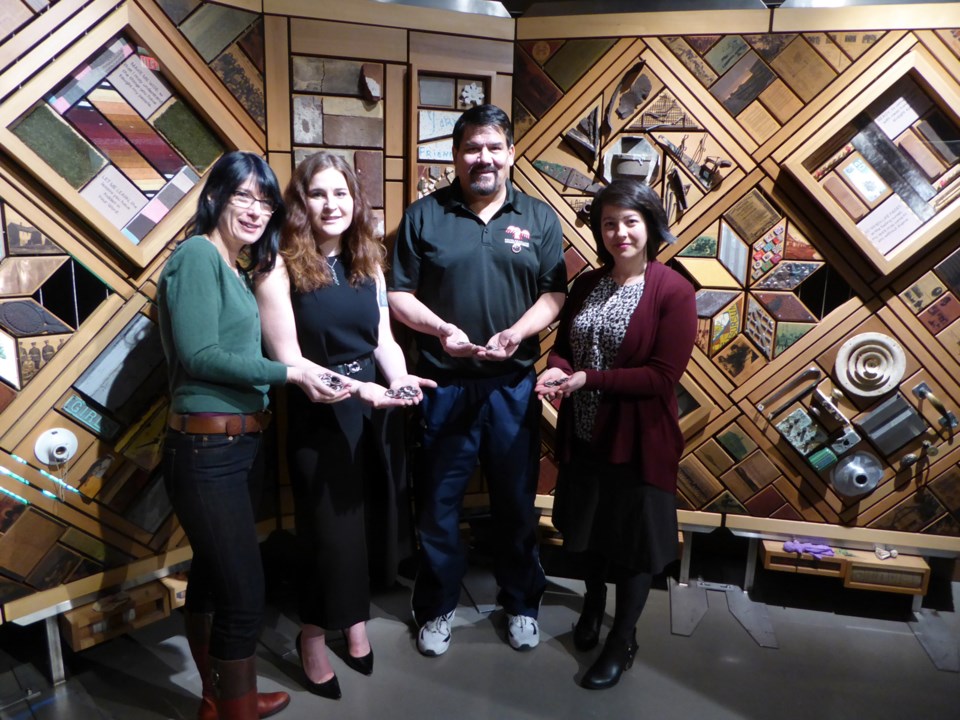The city has hired a consultant to help develop a plan for reconciling its past and present relationships with the Indigenous community.
In February, the city hired the Castlemain Group to develop a communication and relationship-building process where all parties can share their experience and their vision for reconciliation.
“The consultant was to work with indigenous groups, city council and staff to develop recommendations aimed at improving communications and fostering relations with Indigenous communities and organizations holding interests in the New Westminster area,” said a May 6 report to council. “These recommendations were to act as a framework to lead the city through reconciling its past and present relationships with the indigenous community.”
Jacque Killawee, city clerk, said council met with the Castlemain Group at a closed meeting in April, but city staff has been meeting with the consultant since early this year to flesh out the work plan.
“The meeting was closed because of the strategic nature of the conversation and the potential for the discussion to touch on other governmental relationships,” she said, when asked why the meeting was held incamera.
According to Killawee, the budget for the consultant’s work is about $65,000. The scope of consultant’s work includes:
* Preparing for internal reconciliation workshops, in the context of New Westminster, with the mayor and council, senior staff and the school district and facilitating those workshops.
* Working with the city to develop profiles of Indigenous communities that identify parts of New Westminster as part of their traditional territories and Indigenous organizations providing services to Indigenous residents of New Westminster.
* Developing a comprehensive and culturally competent workshop series, with a focus on truth sharing and strengthening relationships with the purpose of developing shared recommendations to the city. The consultant will provide support to plan, coordinate and facilitate these workshops, with the dialogue emerging from these workshop contributing to the city’s vision of reconciliation.
A staff report states that the first two phases of work, which ends when reports on the workshop are presented to the city and a draft reconciliation framework is recommended, is expected to be complete by March 2020.
Phase 3, which is about engaging community voices toward a reconciliation framework in New West, would include a community engagement forum. Following the forum, the consultant will incorporate all of the feedback to produce a final reconciliation framework and action plan for the city’s consideration.
In recent weeks, Coun. Nadine Nakagawa, with input from Coun. Chuck Puchmayr, has presented motions related to truth and reconciliation, including removing the Judge Begbie statue from in front of the provincial courthouse – a decision that was approved on Monday night. A week earlier, council approved a motion that included a number of actions for the city, including: making it mandatory for all city staff to attend training on the history and legacy of residential schools; providing mayor and council with training to understand the legacy of residential schools and colonialism; undertaking research to understand which Nations have a relationship to this land and to better understand the historical actions of the city as they relate to First Nations; and providing the community with opportunities to learn the history and legacy of colonialism in New Westminster.
Puchmayr, who previously spearheaded efforts for the city to create a sister-community relationship with the Tl'etinqox (Anaham) and to donate aging fire trucks and police cars to the Tŝilhqot'in First Nation, said not all work being done on truth and reconciliation will be handled by the consultant. He said some initiatives are out of the scope and budget of the consultant.
“There is no way they are going to be able to engage in all of those pieces,” he told the Record Monday. “There will be new pieces coming forward. Nadine and I are working on a couple of things that are outside of that scope. They are going to be consultation with other levels of government. We will not mandate our contractor to pick that load up because we sort of see a link that other levels of government to have that discussion.”



